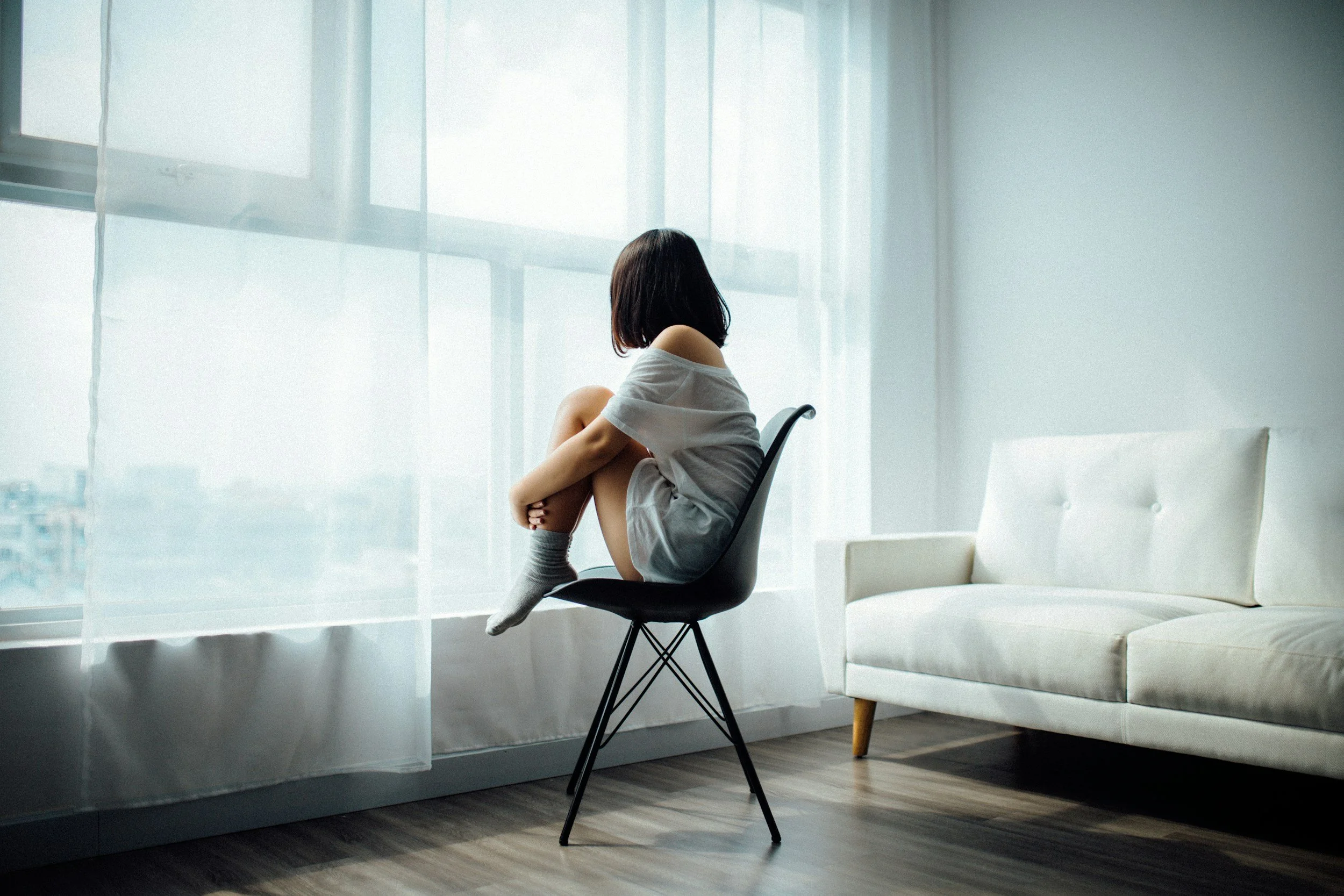When Your Spark Fades: How Depression and Nervous System Dysregulation Impact Libido
If you’ve ever felt your desire for connection—or even basic pleasure—disappear during a depressive episode, you’re not alone. Depression doesn’t just affect your mood or energy; it’s deeply tied to your nervous system, which plays a central role in how safe, open, and connected you feel in your body. And when your nervous system is stuck in survival mode, your libido often takes a back seat. In this post, we’ll explore how nervous system dysregulation can contribute to low desire, why it’s not your fault, and how healing your nervous system can gently reopen the door to intimacy and pleasure.
How might depression impact someone's libido?
People with depressive disorders may have difficulties with sexual arousal due to the way their autonomic nervous system is working. Research on measures (heart rate variability, respiratory sinus arrhythmia) of autonomic nervous system functioning suggest that autonomic imbalance is associated with Major Depressive Disorder and sexual arousal dysfunction.
Symptoms of depression such as worthlessness, low energy, and lack of interest in activities that once brought joy can impact libido. Specifically for women, Hypoactive Sexual Desire Disorder (HSDD), a diagnosis in the DSM-IV-TR, characterized by a low desire for sex that is distressing, is more likely to be experienced by women with depression than without depression.
How might depression impact someone's experience of sex?
Symptoms of depression like low self-esteem, shame, and lack of pleasure in activities that were previously enjoyed may make it difficult to be fully present or enjoy sex. A history of sexual trauma may also lead survivors to have flashbacks, negative emotions and thoughts during sex.
How can depression show up in relationships?
Depression may lead people to withdraw from intimate relationships or outright avoid them. Due to shame, individuals with depression may have difficulty asking for help when they need it, express their feelings, or engage in vulnerable conversations. Changes in sleep (insomnia or oversleeping), less interest in sex, can impact the quality of the relationship for a romantic partner.
Unfortunately, the link between depression and quality of relationships can become a negative cycle: low quality of relationships may lead to depression, and in turn, depression may lead to more isolation from social support.
Depression in parents can impact the quality of the attachment bond between parent and child. Maternal depression has been associated with insecure attachment styles and social and emotional difficulties in children.
What are some tips for navigating sex/relationships for people with depression?
Seek individual psychotherapy or couples therapy that focuses on supporting the person who is depressed. Individual therapy that incorporates mindfulness and somatic practices can reduce numbness and shame and increase your capacity to feel desire, playfulness, and energy,
Explain to your partner that changes in mood and communication, interest in sex, and ability to be present in the relationship is not about them, but symptoms of depression.
Note: These tips are contingent on the assumption that the relationship does not include abuse or mistreatment, in which case the individual who is depressed may empower themselves best by seeking individual psychotherapy with w psychotherapists who specialize in abusive relationships or intimate partner violence.
Ready to find support for depression? Contact therapists and MindBody Therapy & Wellness.

